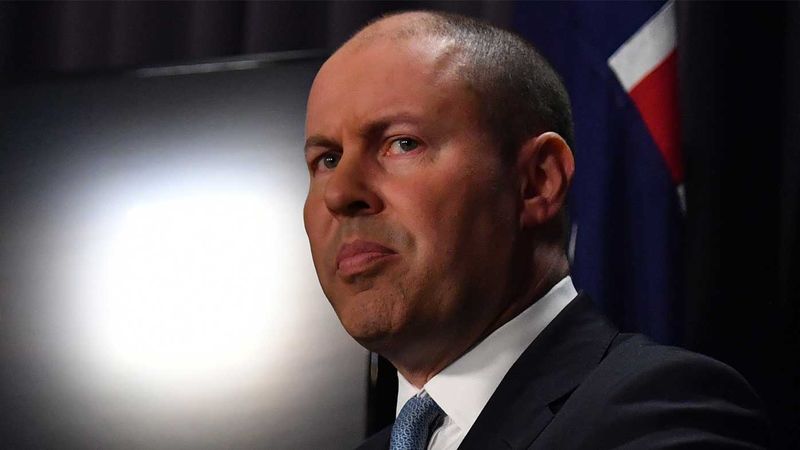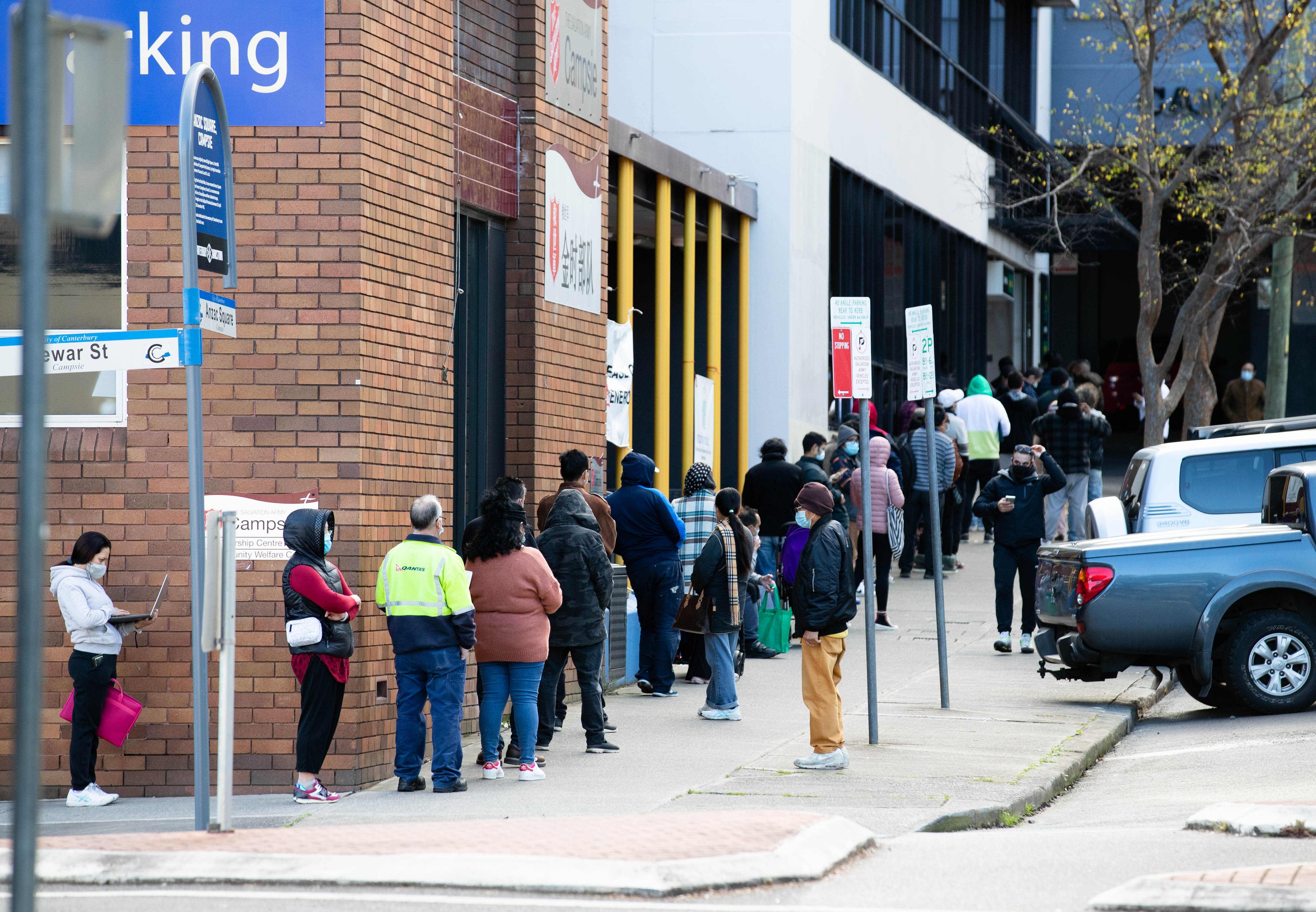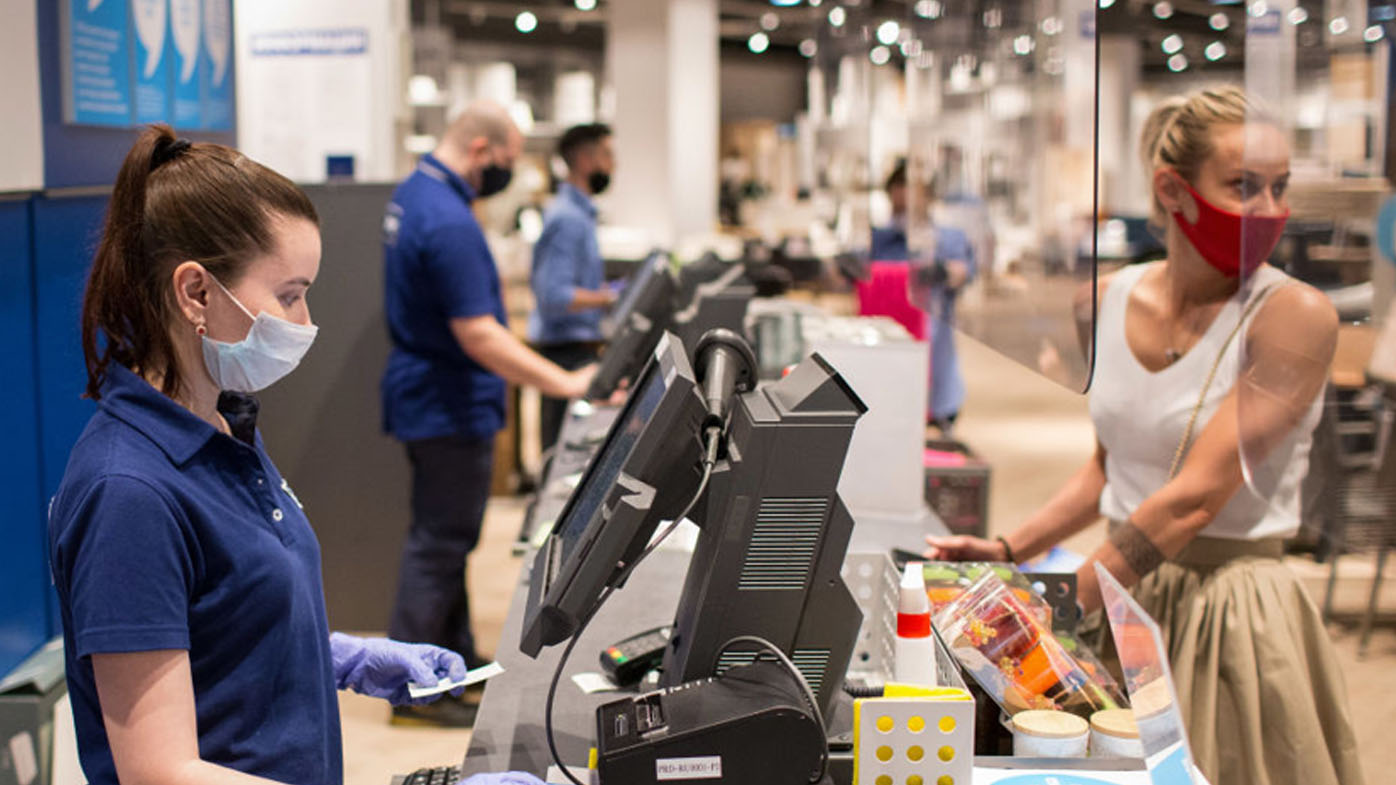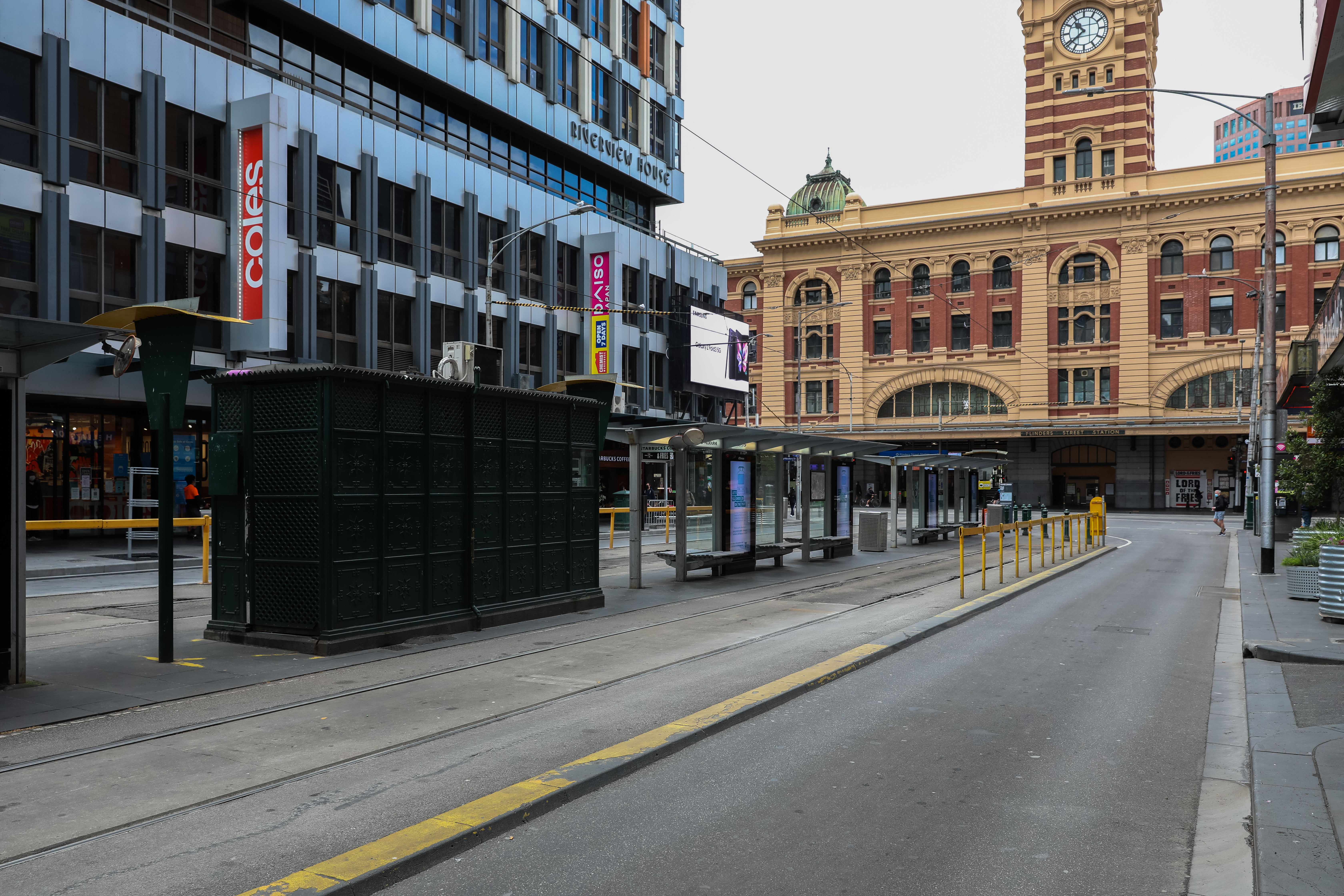Australia has ended the 2021 financial year in a $134.2 billion deficit as the country battled through the economic damage caused by COVID-19.
Treasurer Josh Frydenberg delivered the Final Budget Outcome for FY2020-21, noting that despite the deficit Australia was almost $80 billion better off than what was forecast.
Mr Frydenberg said the main driver behind the recovery of Australia's economy was the creation of jobs.
LIVE UPDATES: Victoria records staggering jump in new daily COVID-19 cases

"What is driving this improvement to the Budget bottom line is it more people in work and less people in the welfare," the Treasurer said.
"What is driving this improvement to the Budget bottom line is more people in work and less people on welfare.
"Since May of last year, more than one million new jobs have been created, and the unemployment rate has fallen below 5 per cent for the first time in a decade."
READ MORE: Aussie shares tumble as investors retreat over China fears

The Treasurer conceded that the strong rebound of the economy towards the end of FY2020-21 would be dented by the impacts of the most recent Delta variant of the virus.
"We recognise there are many economic challenges ahead, and indeed, many Australians are doing it very tough right now, particularly in the locked down states of New South Wales and Victoria as well as in the ACT," Mr Frydenberg said
"We recognise that since this final Budget outcome, the economy has been hit by the Delta variant."
READ MORE: Risk of earlier RBA rate hike after cash splash

COVID-19 Disaster Payments to cost Australia more than $20b
Treasurer Josh Frydenberg has said that the cost of COVID-19 Disaster Payments to businesses and individuals will be more than $20 billion.
The successor of the government's JobKeeper program, the COVID-19 Disaster Payment program pays residents who are forced to endure a lockdown that extends beyond seven days.
"By the time the COVID Disaster Payment has ended and that the business support payments have ended, that we will be up for a bill of more than $20 billion," Mr Frydenberg said.
"That's what we expect. So the cost of the taxpayer continues to rise from the economic impact that lockout has had."
READ MORE: Coles calls for COVID-19 isolation rules to ease
On average, COVID-19 induced disaster payments are costing taxpayers $1.5 billion a week.
Finance Minister Simon Birmingham said while the emergency payments are needed and right, they cannot continue forever.
"Programs we've put in place, be they JobKeeper or COVID Disaster Payments, all have helped get people through the tough times and by minimising the risk of business failure or of crippling financial circumstances on Australian households, we maximised businesses and households to come back as strongly as possible when the economy reopens," Mr Birmingham said.
"That is why these payments should not go on any longer than necessary."
READ MORE: COVID-19 disaster payments to be wound back

The Morrison Government has previously announced that COVID-19 Disaster Payments will wind down once the country hits a full vaccination rate of 70 per cent.
The Treasurer said state governments will need to consider the winding down of economic support in their decisions to lock down residents over outbreaks.
"Of course states will need to factor in the economic supports that are available in making their decisions about the various domestic settings that they have," Mr Frydenberg said.
"It is our expectation and our hope that the border restrictions will be lifted and that Australians will be able to travel more freely within their state and interstate."
from 9News https://ift.tt/2Y4fOt6
via IFTTT


0 Comments